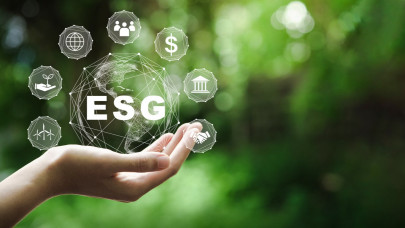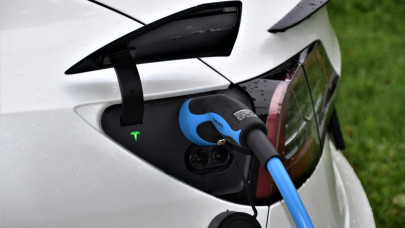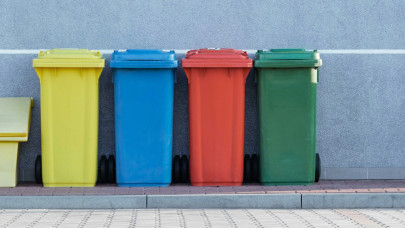Additionally, the proportion of secondary materials reused over the past five years has declined steadily from 9.1% in 2018 to 7.2% in 2023. These findings underscore the need for targeted interventions, particularly in sectors like agri-food, manufacturing, and construction, which not only have a significant environmental footprint but also employ over three-quarters of the global workforce.
The study explains that while the exploitation of resources has historically driven economic growth and improved living standards, the linear economic model (take, make, waste) is no longer sustainable. In the last six years alone, global economies consumed nearly 600 billion tons of materials, equivalent to almost the entire consumption of the 20th century. Consequently, six of the nine planetary balance systems, including water, soil, and air, are irreversibly damaged.
Alexandru Reff, Country Managing Partner at Deloitte Romania and Moldova, emphasizes the need for concerted action across sectors and stakeholders. He highlights the importance of prioritizing essential sectors with high environmental impact and engaging both the public and private sectors.
The study recommends a three-pronged approach to intervention, addressing national and supranational policies, financial incentives, and public awareness campaigns. This comprehensive strategy aims to align economic actors with the circular economy principles and mitigate the environmental and socioeconomic challenges posed by the linear economic model.
Adrian Teampau, Director of Circular Economy Advisory at Deloitte Romania, acknowledges Romania's efforts in implementing regulatory frameworks and programs to promote circularity. However, he stresses the need for greater collaboration and investment to accelerate the transition.
Overall, the study underscores the transformative potential of transitioning to a circular economy, not only in reducing environmental degradation but also in promoting equitable socioeconomic development on a global scale.














